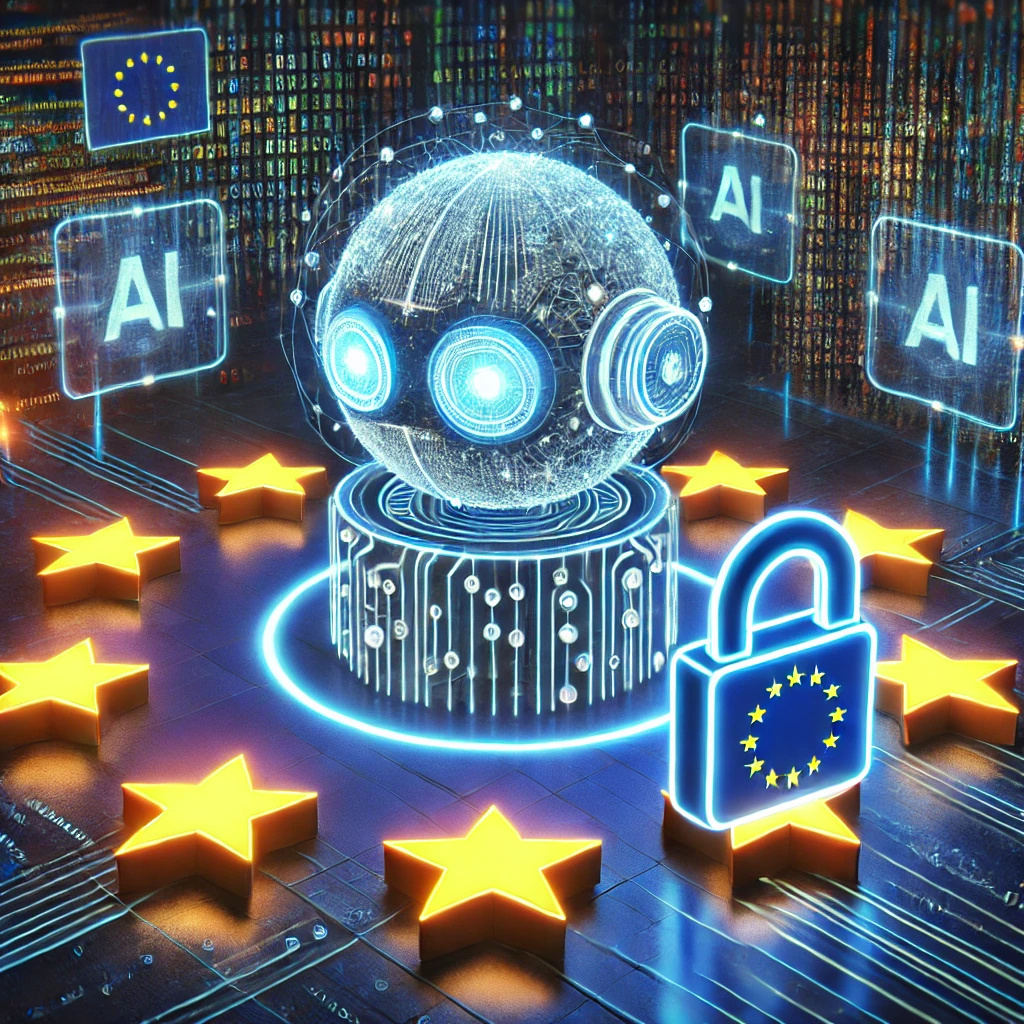Cyber Law at Belgium
Cyber law in Belgium is designed to regulate and address issues related to the internet, digital technology, and cybersecurity within the country. It encompasses various aspects, including data protection, online privacy, intellectual property, and cybercrime. Belgium, being a member of the European Union, also aligns its cyber laws with EU regulations, particularly the General Data Protection Regulation (GDPR).
Here are some key points about cyber law in Belgium:
1. Data Protection and Privacy
GDPR Compliance: As part of the European Union, Belgium adheres to the GDPR, which came into effect in May 2018. GDPR regulates the processing of personal data and aims to enhance privacy protection for individuals within the EU. It imposes strict rules on data controllers and processors, including the need for explicit consent for data collection and processing.
Belgian Privacy Commission: The Gegevensbeschermingsautoriteit (GBA), or Belgian Data Protection Authority, enforces privacy laws and ensures compliance with the GDPR and national laws on data protection.
2. Cybercrime and Criminal Offenses
Cybercrime Legislation: Belgium has implemented laws to combat cybercrime, including offenses such as hacking, identity theft, fraud, and the distribution of child pornography. The Belgian Penal Code includes provisions to address cybercrime and the abuse of digital technologies.
Council of Europe Cybercrime Convention: Belgium is a signatory to the Budapest Convention on Cybercrime, which is an international treaty designed to harmonize cybercrime laws across member states.
3. Intellectual Property Rights in the Digital Age
Belgium follows EU regulations on intellectual property, including copyright laws that cover digital content. This means that creators and owners of digital content, such as software, music, and films, are entitled to protection under copyright law.
Online Copyright Infringements: There are laws in place to prevent online piracy, with penalties for unauthorized distribution of copyrighted material.
4. E-commerce Regulations
The Electronic Commerce Directive (Directive 2000/31/EC) is a key EU regulation that applies to online businesses in Belgium. It sets out rules on information society services, including provisions for e-commerce, electronic contracts, and online liability of intermediaries like web hosting providers.
Consumer Protection: E-commerce businesses in Belgium are required to comply with consumer protection laws, ensuring transparency and fairness in digital transactions, and respecting the right to withdraw from contracts.
5. Cybersecurity Laws
National Cybersecurity Strategy: Belgium has a National Cybersecurity Strategy to protect critical infrastructure and combat cyber threats. The Federal Public Service for Security and Home Affairs coordinates the country's cybersecurity efforts.
Network and Information Security (NIS) Directive: As part of the EU, Belgium also follows the NIS Directive, which mandates certain organizations (especially critical sectors like energy, transportation, and health) to improve their cybersecurity practices and report serious incidents.
6. Digital Identity and Authentication
eID (Electronic Identity Card): Belgium has a national eID system, which allows citizens to authenticate their identity online securely. It is used for accessing government services and conducting digital transactions.
Digital Signature Laws: Belgium recognizes the legal validity of digital signatures in accordance with EU laws, providing legal certainty for electronic contracts and transactions.
7. Online Harassment and Hate Speech
Anti-Harassment Laws: Belgian law criminalizes online harassment and stalking. These offenses can result in both criminal and civil penalties.
Hate Speech and Incitement: Belgium has laws prohibiting hate speech and incitement to violence, which extend to online platforms. These laws target discriminatory or violent content spread via the internet.
8. Cross-Border Legal Considerations
Since the internet is global, cross-border issues are common in cyber law. Belgium, as an EU member state, follows EU-wide regulations and works closely with international law enforcement agencies to tackle cybercrimes that cross national borders.
Challenges and Future Developments
As technology continues to evolve, Belgium faces challenges in adapting its legal framework to address emerging issues such as artificial intelligence, blockchain, and the increasing complexity of cyber threats.
There are ongoing discussions at both the national and EU levels regarding the regulation of new technologies and how to address issues like digital privacy, the role of big tech companies, and the balance between security and freedom.
Key Authorities Involved in Cyber Law in Belgium:
Federal Public Service for Security and Home Affairs: Oversees national cybersecurity efforts.
Gegevensbeschermingsautoriteit (GBA): Belgian Data Protection Authority, enforces privacy laws and GDPR compliance.
Federal Police – Cybercrime Unit: Investigates cybercrimes and assists in enforcing cyber law.












comments